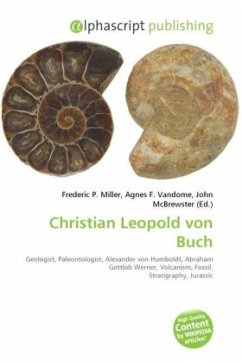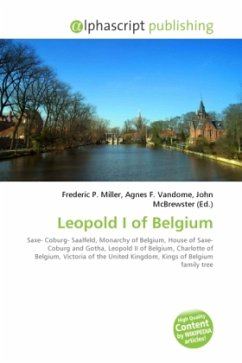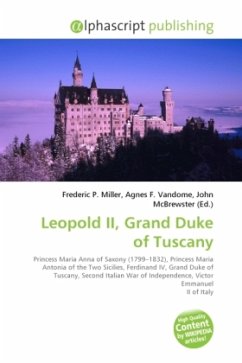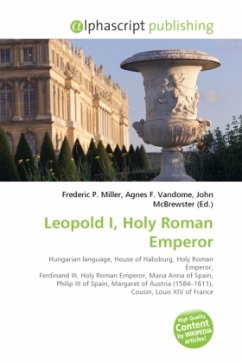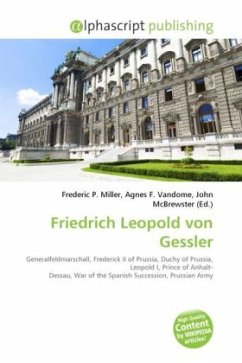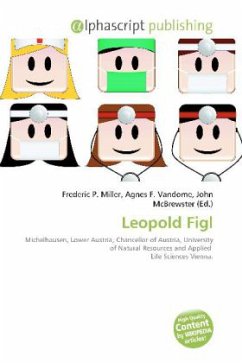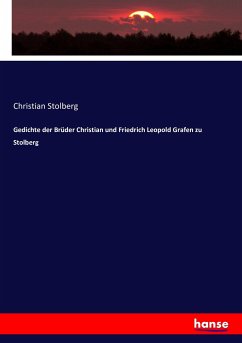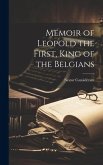High Quality Content by WIKIPEDIA articles! Christian Leopold Freiherr von Buch (April 26, 1774 March 4, 1853) was a German geologist and paleontologist born in Stolpe an der Oder (now a part of Angermünde, Brandenburg) and is remembered as one of the most important contributors to geology in the first half of the nineteenth century. He studied together with Alexander von Humboldt under Abraham Gottlob Werner and travelled widely afterwards. His scientific interest was devoted to a broad spectrum of geological topics: volcanism, fossils, stratigraphy and more. His most remembered accomplishment is the scientific definition of the jurassic system. He died in Berlin. In 1815, he visited the Canary Islands. During his time in the Canary Islands, he visited the Las Cañadas Caldera on Tenerife and the Caldera de Taburiente on La Palma. When he published his memoirs and observations about his excursion, he introduced the Spanish word "Caldera" for "Bowl" into the geological and scientific vocabulary. In 1825, he was elected a foreign member of the Royal Swedish Academy of Sciences. Recipient of the Blue Max. Elected as the first foreign member of the Geological Society of London.
Bitte wählen Sie Ihr Anliegen aus.
Rechnungen
Retourenschein anfordern
Bestellstatus
Storno

